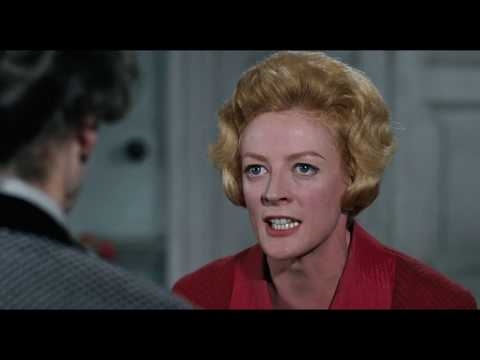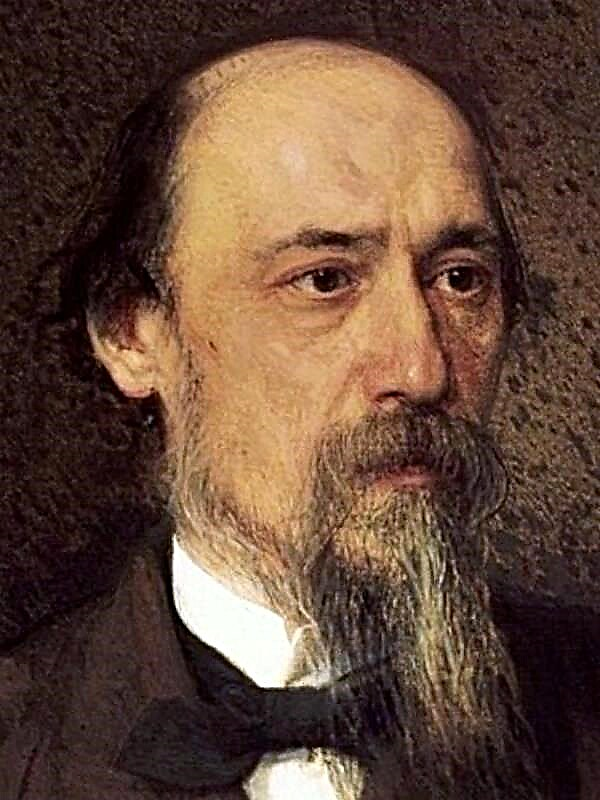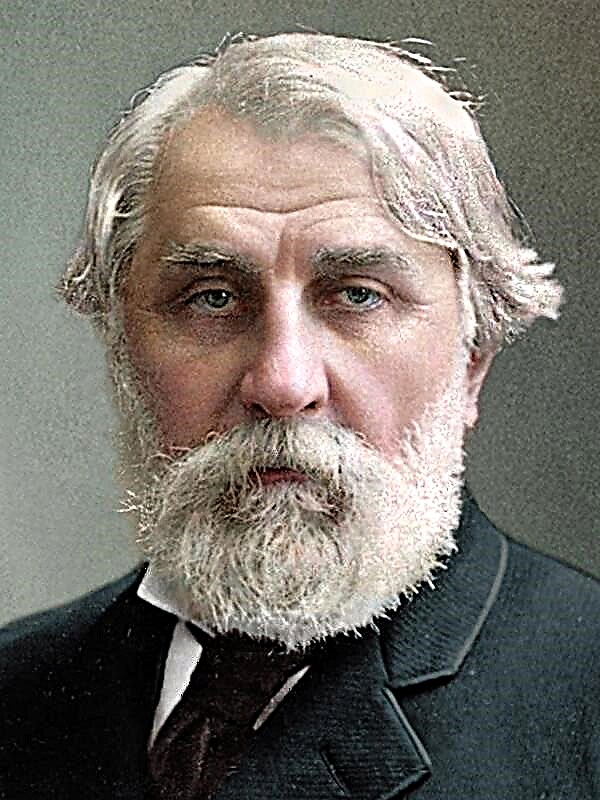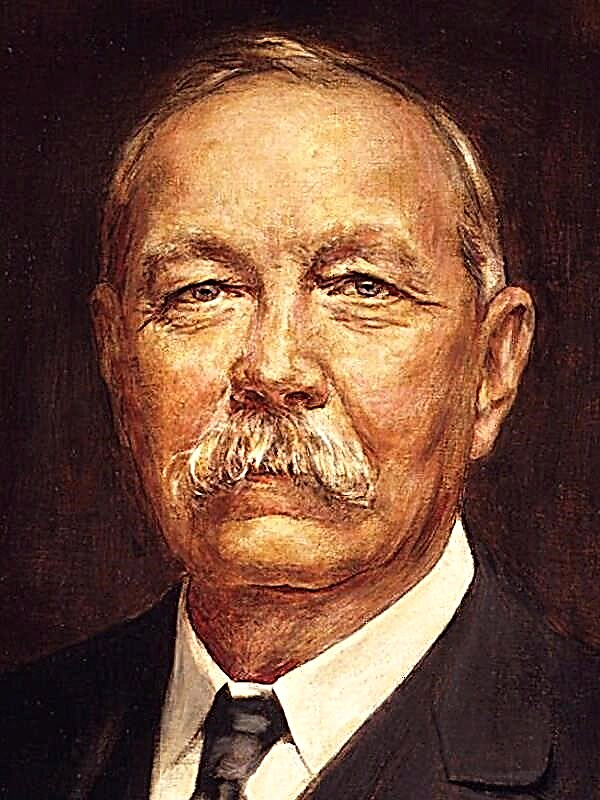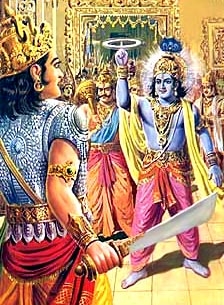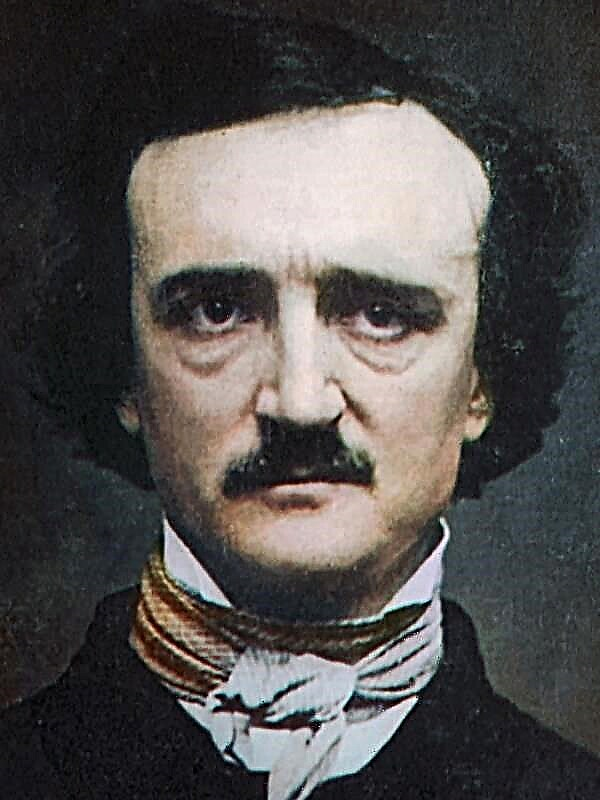The world of fairy tales is the first place where every child gets to get acquainted with literary art. And this is not surprising, because along with parental education, books of this genre give children a basic idea of morality, explain the foundations in society by the example of the “what is good and what is bad” model. And, undoubtedly, the colorful, magical shell of such works always hides a deep morality, which is worth listening not only to kids, but also to adults. It is also surprising how immortal the plots of these wonderful stories are, how much they remain relevant at all times, this is, of course, a universal source of spiritual enrichment without age limits. It is hard to deny that A.S. Pushkin is the coryphaeus of fairy tales, with whose heroes we have been walking the difficult path of moral choice since childhood, becoming a little better. Let's open the door to this alluring country of Pushkin's fiction, full of moralizing plots.
The Tale of Tsar Saltan
A line immediately pops up in my head: “Three girls under the window ...” - and we immediately imagine the beautiful queen, her two evil and jealous sisters, the simple-minded and kind king Saltan, the brave prince Gvidon and the beautiful swan princess. Heroes live a story tied to envy, lies, incredulity, and make their way to true good by mutual assistance, endurance, courage, perseverance and forgiveness. There are the main postulates of the relationship between people: treat people the way you want to relate to you; help those in need, and your indifference will pay off in full; under the thickness of a lie, never bury the truth, and good eternally conquers evil. This is the essence of the tale - a reflection of the hyperbolized, but still real, moral model of a person, as well as the consequences of negative acts.
What can we learn from this story? Do not believe rumors and gossip, it is important to rely on loved ones and provide support yourself, not to despair in difficult situations, you must rejoice for the successes of others: you can’t build happiness on someone else’s grief. It is necessary to be merciful to those who made a mistake, because everyone can earn forgiveness.
The Tale of the Golden Cockerel
The Golden Rooster is an astrologer’s gift to ruler Dadon, an all-seeing weather vane that turns to the side where danger comes from, it serves faithfully. However, the cockerel is a symbol of justice, and it is he who repays his merits to the greedy and deceitful king. The first image reveals the true image of a ruler who, in his youth, “boldly offended neighbors every time,” that is, he attacked for no reason, but all the bad things come back to the offender: now that the tsar “in his old age” wanted to “take a break from military affairs” attack his possessions. Interesting images are built around the anti-hero - Dadon, this is a golden bird, a sage and a shamahani queen. Heroes expose the vices of the ruler. For the service provided, the king promises the astrologer to fulfill any of his requests, but he will not keep his word, acting to please his desires. The beautiful oriental beauty is the "apple of discord", a temptress. Dadon, at the sight of her beauty, forgets about the murdered sons, apparently ruined by the spell of the queen herself. But she is only a mirage, as soon as the king dies, the girl disappears: "As if it had never happened." What stargazers that the ruler cherished the ephemeral hopes of getting a beauty, but these dreams are empty and petty, they lost their moral character in pursuit of a nonexistent ideal, for which they paid with their lives.
This fairy tale can teach important lessons: don’t make promises, if you can’t fulfill them, all bad deeds return to the offender, don’t let someone or something drown out the voice of conscience, follow only him.
The Tale of the Fisherman and the Fish
This fairy tale differs from others in its composition, here it is circular. The plot has a development, but comes to a starting point. Let's look at it from the side of the heroes: the old man is a positive character, fulfilling all the instructions of his wife, feeling her cruelty, he eventually does not become different, does not acquire bad qualities, the old woman is the opposite: initially, being a negative hero, he remains. Did she learn something, because everything was back to square one? The characters are static, they have no development. Yes, neither the old man nor the old woman, in fact, lose anything at the end of the plot, that is, one cannot say for sure whether the fairy tale has a happy ending or not. But against this background, a moral lesson is clearly traced. Gluttony, lack of a sense of proportion, selfishness, vanity, a thirst for power are sources of self-destruction. The fish showed gratitude to the old man, she decided to repay good for good. But the hero meekly indulged the whims of his wife and would do it endlessly, as the old woman would demand more without end. However, the fish breaks this vicious circle, and the plot closes.
The moral of the "tale of the fisherman and the fish": it is worth knowing the measure of your desires; value what you have; be grateful; do not encourage someone else's egoism and greed; take care primarily of the spiritual, not material.
Pushkin's tales are a storehouse of ethical and moral models of human behavior. “The tale is a lie, but a hint in it!” Good fellows a lesson. "



